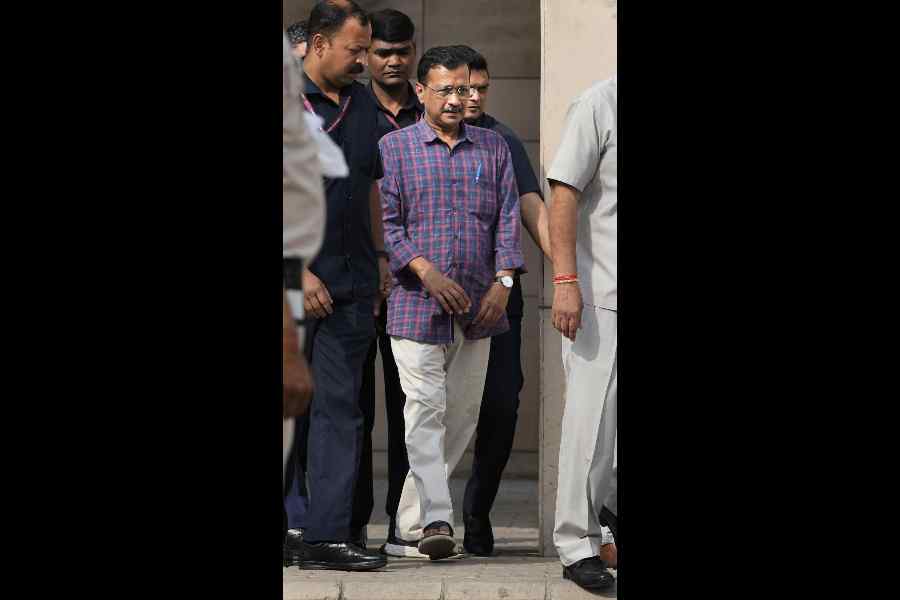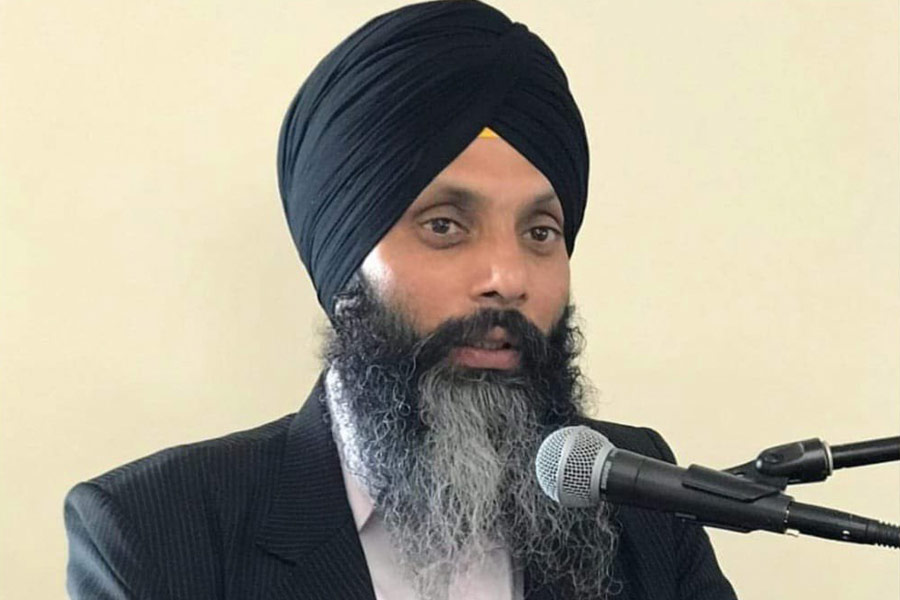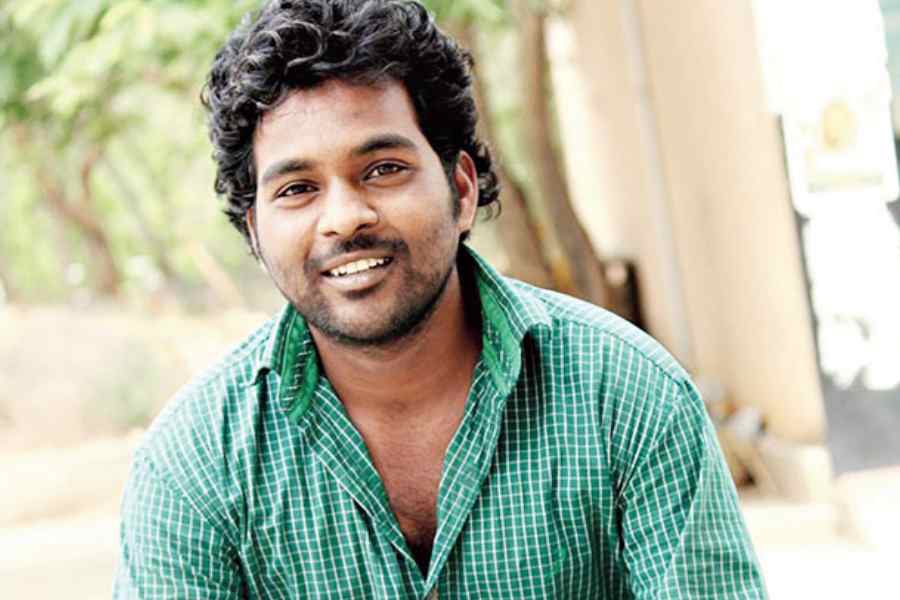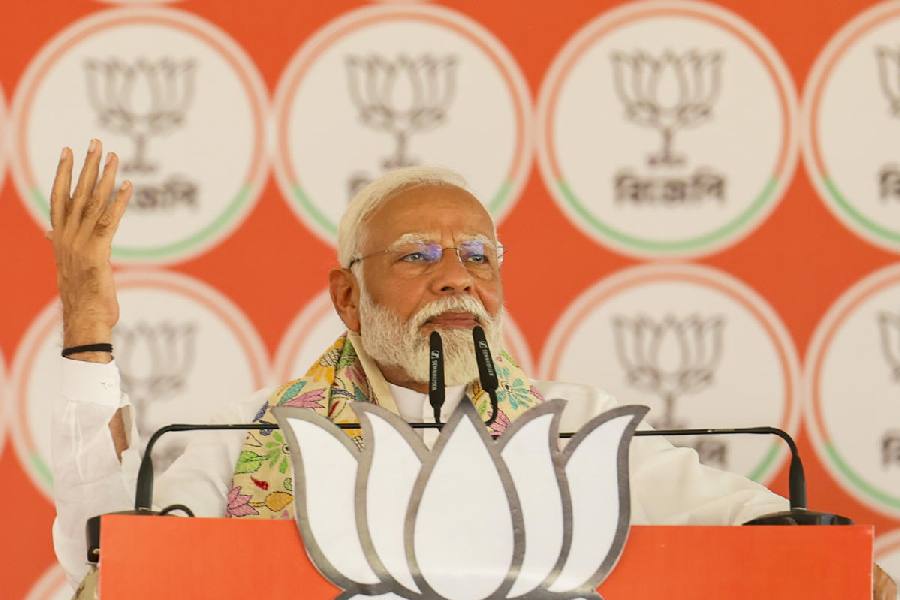The death of the comic artist and writer, Narayan Debnath, brought waves of nostalgia. Debnath regaled readers through such comic characters as ‘Nonte-Fonte’, ‘Bantul the Great’ and ‘Handa-Bhonda’. Debnath’s popularity in postcolonial India brings to fore interesting perspectives on society. An attempt to locate the underlying themes in Debnath’s comics within the ambience that produced his ideas merits scrutiny. Debnath used the medium of comics — they unfolded over multiple frames — to put forth these ideas. As argued by Sourav Chatterjee, Debnath’s works epitomized the culture of ‘mass art’ and were undoubtedly influenced by the Golden and the Bronze Ages of American comic books whose stylistic formulae he inculcated and modified to forge his own narrative.
It would be interesting to view Debnath’s comics in the light of the colonial production of knowledge that continues to influence post-Independence thought. The colonial view of childlike passions was that they need to be scoffed at and that children are to be saved from sin through a process of proper socialization. Whether or not Debnath identified with the colonial features of ‘childhood’ is a tricky question but it is evident from his writings that the child is jejune and is part of a world unfazed by adult complexities.
The storyline that Debnath follows throughout the much-loved Nonte-Fonte series is in perfect consonance with a view of childhood as a blissful experience. Yet, these experiences needed to be restored by adult codes of conduct and given sanction accordingly. The prevailing view of the British colonizers, as Ashis Nandy shows in his book, The Intimate Enemy, was that the quintessence of childhood is playfulness, irresponsibility and spontaneity. So child-like impulses had to be controlled. This idea took the form of exploitation of children by putting them into factory work during the Industrial Revolution. In Asia and Africa, the natives were seen as ‘children’ who had to be put under colonial rule for them to come up to certain standards of civilization. Childhood remained as a heavily-governed period, as has been demonstrated by Sana Nakata through an extensive survey of child rights in Childhood Citizenship, Governance and Policy: The politics of becoming adult.
Nonte-Fonte was started in 1969. Independent India was marked by a euphoria concerning social issues. One of the most prominent issues was that of universal education for children. The State tried to provide opportunities for every child to be educated. It is in this context that Debnath places his comics in bucolic settings. The children are not exploited as was the case in industrial Europe but the spectre of colonialism or the colonial mode of governance looms large over their lives.
Interestingly, the tributes pouring in after his death stated that Debnath made ‘children’ and ‘adults’ laugh alike. The categories of ‘children’ and ‘adults’ remain distinct in our collective imagination. This clearly shows that the distinctiveness of the social categories of ‘childhood’ and ‘adulthood’ are entrenched in the consciousness.
Theorists like Richard Farson (Birthrights) and John Holt (Escape from Childhood) have argued for the extension of adult rights to children. But their analyses remain confined within the ‘paternalism-autonomy’ binary central to the paradigm of child rights created by modernity. In Provincializing Europe: Postcolonial Thought and Historical Difference, Dipesh Chakrabarty opines that a postcolonial critic cannot ignore Western theoretical frameworks. Perhaps the wisdom of this statement is seen in a stark manner in the case of the Bengali comics created by Narayan Debnath, the colonial template of childhood being our reference point here.
Adityaprava Mozumder is Assistant Professor of Political Science, Ramakrishna Mission Vidyamandira










